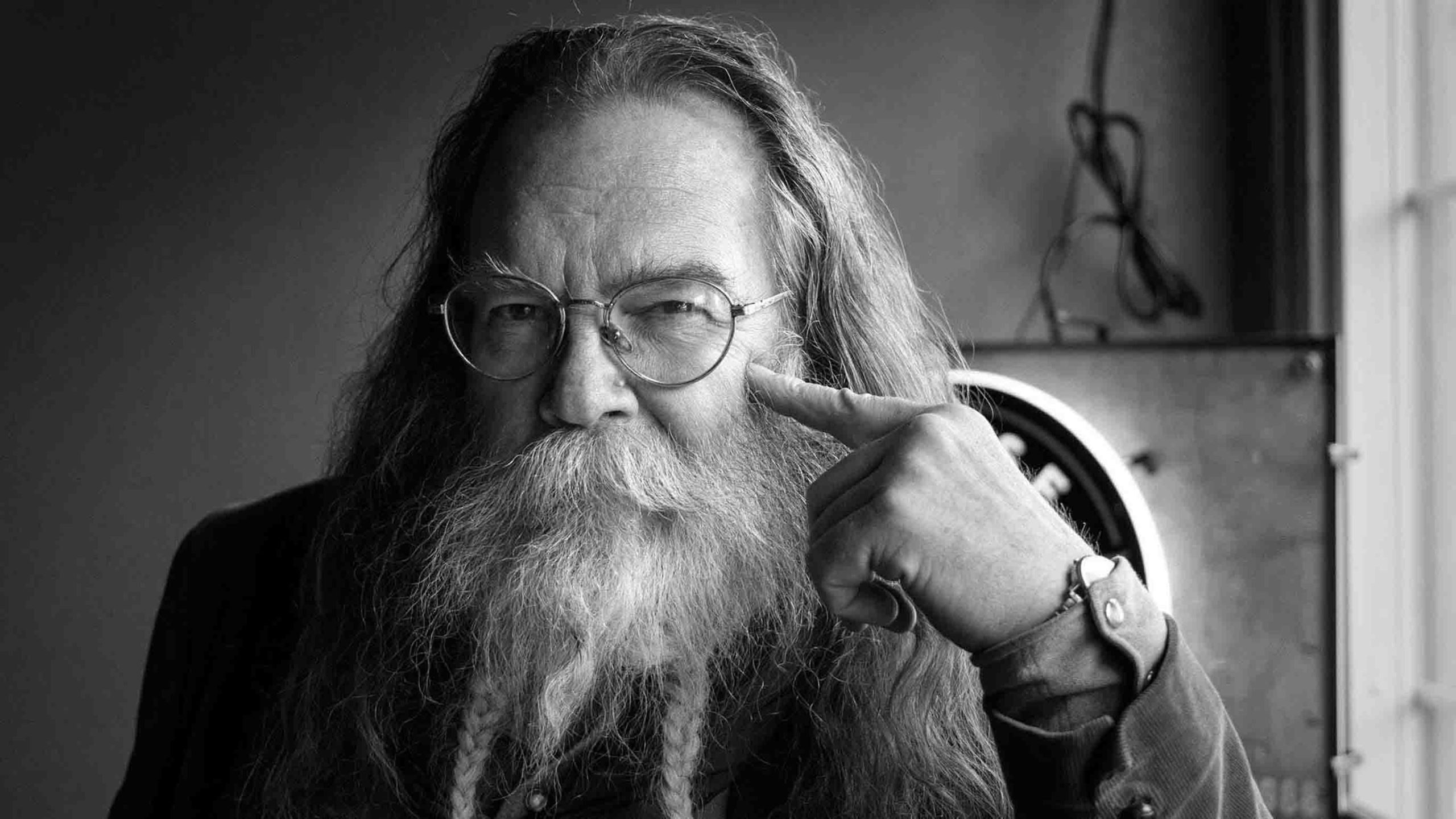Gotcha!! I’ll bet most readers’ immediate attention was grabbed by two words in that headline, “woke” and “fascist”. If so, you can thank Edward Bernays, the father of propaganda and public relations.
Bernays, a nephew of Freud, analyzed the collective mind of the American public in his book, “Propaganda”, and concluded that “In place of thoughts it has impulses, habits, and emotions.” He spent his career teaching business and government how to capitalize on that fact.
Bernays began his work as the world emerged from an age of printed information to one of electronic information. He recognized the shortening attention span of readers and listeners who were, all of a sudden, bombarded with radio and television. Like trying to take a drink of water from a firehose.
He theorized that, the shorter the political or advertising message, the more impact it would have on a consumer already overwhelmed with messages competing for attention in his noggin. And why use a phrase when a single word will do?
For instance, if the word “new” is used to describe a product - be it beer, cars, toothpaste or anything else – consumers will reward that word in the marketplace with their dollars. The product doesn’t change a single iota, it's the same ol’ toothpaste, but the public’s behavior changes. Because of a word.
“Woke” and “fascist," along with a whole lot of other words commonly used in our political discourse today, are codewords exactly like “new”. They are a bastardization of the King’s English and the rules of rhetoric, but, like in the headline above, they command attention.
These words are not used to inform, but rather to provoke a visceral reaction.
Words like these, as Bernays knew, have connotations far beyond their definitions. They send impulses directed at the emotions, rather than thoughts to the intellect. In the worlds of politics and advertising, a word’s definition is meaningless compared to its emotional effect on the public.
That’s why I chuckle when challenged to define such Bernaysian political-speak as “woke” or “fascist”. Whatever definition I could provide would pale to insignificance compared to the emotional impact that word has already had in the mind of my interlocutor.
A politician or a Madison Avenue advertising expert needs only two tools to get the public to respond to them, language and the human mind. Our collective intellectual laziness makes 21st-Century Americans particularly susceptible manipulation through language. We drool over buzzwords.
Words like “fascist” and “woke” are used as something other than their traditional definitions. They are used as pejorative shorthand for anyone who doesn’t adhere to one political view or another. Words like that don’t do anything to elevate our political conversation. Rather, they are used to emphasize and reinforce an “Us vs. Them” mentality.
Manipulative speech like this is the lazy person’s way of describing and dealing with the complicated world that surrounds us. It reduces a critical discussion to nothing more than grunts howls and middle fingers. It is, as used by both ends of the political spectrum, sheep-speak
We can resist the tide that Bernays and others have released upon us by thinking critically for ourselves. We can, in our own minds, refuse to be simplified. In fact, taking that step may be required for our survival as sentient human beings.
We can approach words like “fascist," “woke” and any other loaded buzzword, as Marcus Aurelius advised and Dr. Hannibal Lecter quoted, “What is it in itself? What is the nature of the thing?”
We can let our brains stand up on their hind legs and do some intellectual heavy-lifting, for a change. We can refuse to be manipulated by political shorthand. We can look deeper into tough questions.
In a word, we can think.





